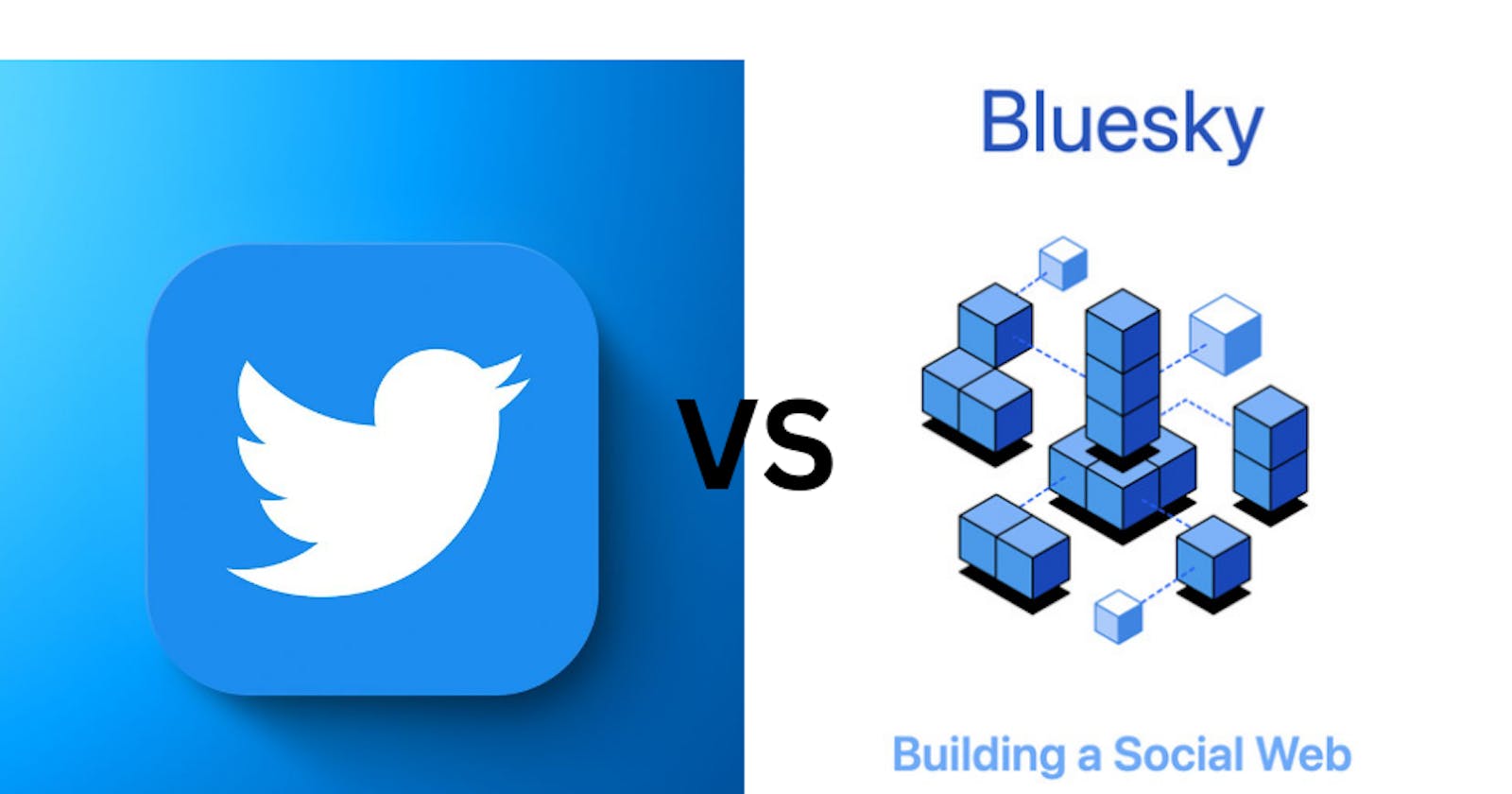Introduction
Twitter is a popular social, micro-blogging platform that has grown rapidly since its launch in 2006.
However, it's growth has been plagued with numerous challenges ranging from content moderation, privacy, and the concentration of power in the hands of a few large tech companies. In response to these challenges, a team of researchers and engineers have proposed a decentralized social media protocol called Bluesky.
Brief History of Twitter
Twitter was created in March 2006 by Jack Dorsey, Biz Stone, Noah Glass and Evan Williams - as a side project within the podcasting company, Odeo.
Twitter was initially used as an internal service for employees within the company but quickly gained popularity after celebrities, politicians, and journalists started using it to connect with their followers.
By 2007, Twitter had become a household name, and the company was incorporated as Twitter, Inc.
Twitters growth was explosive, with its database reaching 100 million active users by 2012 and about 330 million monthly active users by 2019. Now in 2023, Twitter has over 500 million active users.
Twitter Inc. was later acquired by popular billionaire businessman, Elon Musk, on October 27, 2022, for $44 billion.
The company has since been criticized for enabling the increase of contents containing hate speech.
Challenges of Twitter
Twitter faced its greatest challenge in 2020, when it was targeted by a massive hack that compromised the accounts of many high-profile users including that of former United States President, Barack Obama.
Twitter has faced numerous challenges in recent years, including:
Content moderation: Twitter has struggled to moderate content effectively, with controversies related to hate speech, harassment, misinformation as well as offensive or inappropriate content.
Centralization: Twitter is a centralized platform, meaning that control over the platform is concentrated in the hands of a few policy makers. This has led to concerns about the potential for abuse and bias.
- Privacy: Twitter has faced criticism for its handling of user data, with concerns about data breaches and the collection of personal information.
- Platform interoperability: Twitter is a closed platform, meaning that it is not easy for third-party developers to create applications or services that integrate with the platform.
What Is Bluesky?
Bluesky is a proposed decentralized social media protocol that aims to address many of the challenges faced by Twitter.
The project was conceived by Twitter co-founder and former CEO, Jack Dorsey, and it is being developed by a team of researchers and engineers, including individuals who previously worked at Twitter.
Why Bluesky?
Here are some reasons why Bluesky can be seen as a better alternative:
- Decentralization: Bluesky is a decentralized protocol, meaning that control over the platform is distributed among a network of nodes. This reduces the risk of concentration of power and makes it more difficult for any single entity to abuse the platform.
- Openness and interoperability: Bluesky is an open protocol, meaning that it can be used by anyone to create applications or services that integrate with the platform. This encourages innovation and makes it easier for users to switch between different applications and services.
- Privacy: Bluesky is designed to prioritize user privacy, with a focus on giving users control over their data and ensuring that data is not shared without their consent.
- Community-driven content moderation: Bluesky is designed to be community-driven, with content moderation handled by a decentralized network of nodes. This reduces the risk of bias and ensures that moderation is more responsive to the needs and concerns of users.
Conclusion
Overall, Bluesky represents an interesting and potentially significant development in the evolution of social media.
By creating a decentralized and open platform, Bluesky could help to address some of the challenges and issues that have emerged with centralized social media platforms like Twitter.
While the project is still in its early stages, it will be interesting to see how Bluesky evolves and whether it is able to achieve its goals of creating a more open, decentralized, secure, community-driven social media ecosystem.
